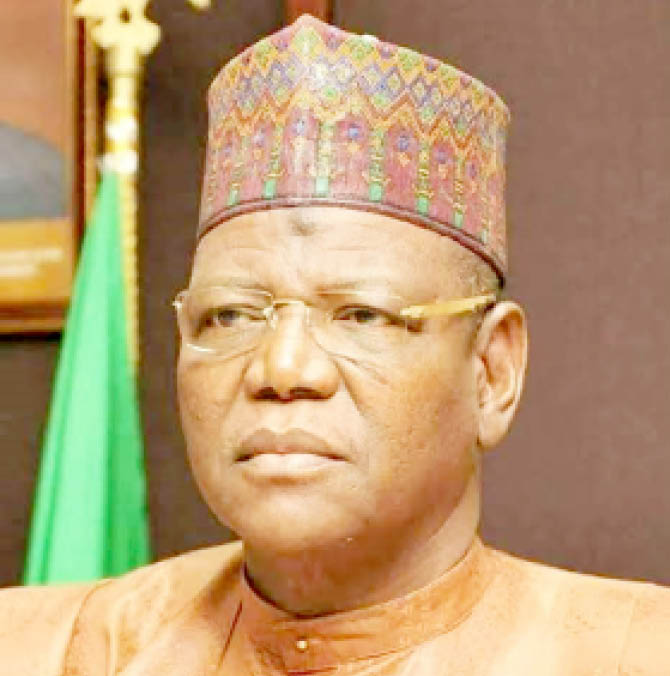Clerics competing with politicians for power – Sule Lamido
Former Jigawa State governor, Alhaji Sule Lamido, has expressed concern over the growing involvement of religious leaders in politics, stating that clerics now wield significant influence over voters and political processes. Lamido made the remarks in a viral video during a condolence visit to Sheikh Yusuf Sambo Rigachikun in Kaduna following the death of his […]

Former governor of Jigawa State, Sule Lamido
Former Jigawa State governor, Alhaji Sule Lamido, has expressed concern over the growing involvement of religious leaders in politics, stating that clerics now wield significant influence over voters and political processes.
Lamido made the remarks in a viral video during a condolence visit to Sheikh Yusuf Sambo Rigachikun in Kaduna following the death of his eldest son.
The former Foreign Affairs minister lamented that clerics have assumed control of the political space, openly campaigning for candidates and directing their followers on whom to support.
“Despite the blessings of being religious leaders, clerics are now struggling for power. Clerics are supposed to be guardians to politicians, but since they want power, we politicians have decided to step aside and watch. We are waiting for them to tell us who to vote for based on their wishes. For equity and justice, everyone ought to maintain their status in society,” he said.
Lamido noted that just as political parties are plagued by internal crises, religious sects also face divisions, warning that Nigeria’s political landscape will remain chaotic unless unity is achieved.
Daily Trust recalls that in the past, influential religious leaders played a role in mobilising their congregations for voter registration. However, in the 2023 general election—widely regarded as one of Nigeria’s most divisive—mosques and churches went beyond encouraging participation to actively endorsing candidates.
Many sermons and khutbas (Islamic sermons) became platforms for political endorsements. In some churches, clerics prophesied a divine mandate for specific candidates, while in Muslim circles, imams urged followers to vote along religious lines. Interestingly, many of these religious predictions did not materialise.
Recently, a controversy erupted over a planned Qur’an convention initially scheduled for 22 February 2025 in Abuja, which was expected to bring together 30,000 Qur’an memorisers, writers, reciters, and calligraphers. The event was postponed indefinitely following concerns from some Islamic scholars, who questioned its legitimacy and alleged it was a political move ahead of the 2027 presidential election.
Recall that the Muslim-Muslim ticket of President Bola Ahmed Tinubu in 2023, which almost fractured the political landscape, ultimately survived due to strong backing from religious leaders who assured their followers of its ‘blessings.’ Ethnic and regional sentiments, particularly in the South West, also played a significant role.
During the 2023 election, Tinubu’s allies in northern Nigeria courted influential Muslim scholars, securing their support. Now, similar efforts appear to be underway as political actors begin strategising for 2027.
On the other hand, Labour Party presidential candidate Peter Obi is believed to be rebranding his image in the predominantly Muslim North ahead of the next election. His participation in Ramadan iftar (breaking of fast) gatherings and social engagements in the region, along with monetary donations, are seen as deliberate efforts to win over religious leaders.
Obi’s supporters argue that aside from alleged electoral malpractice, his failure to court northern religious leaders significantly contributed to his loss in 2023. As the 2027 election approaches, his camp appears determined to avoid a repeat of that mistake.
